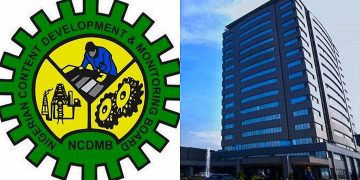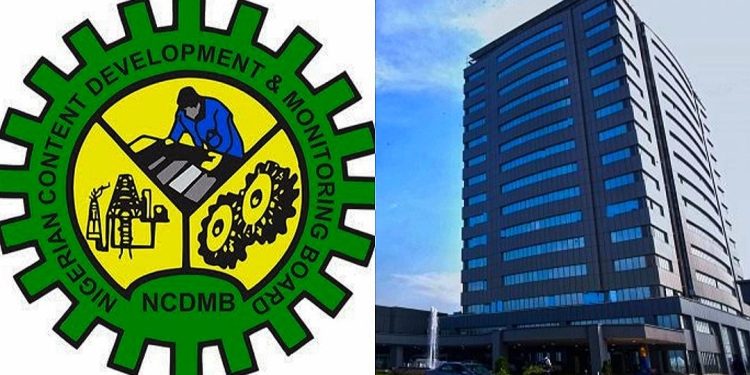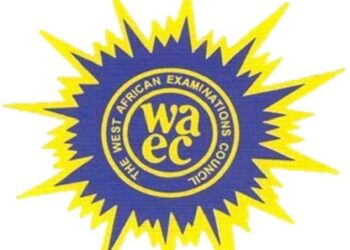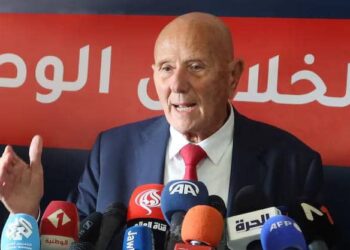By John Ikani
What does local content mean to you?
It’s not odd for imaginations to run wild when people hear ‘local content’ for the first time or are asked to envision its practical applications.
In Ghana, some may rightly imagine local content as replacing swivel office chairs with comfy Kente seats, and in South Africa, it could be correctly thought of as immersing oneself in the vibrant rhythms of Amapiano.
The aforementioned are creative and culturally inspired approaches to local content capable of boosting the local economy by creating jobs, stimulating economic activity, as well as preserving cultural heritage.
However, it is worth noting that there is a broader concept or should we say a bit of a greasy and gasified approach to local content?
Also known as resource nationalism, local content is a socio-economic term that is commonly associated with the oil and gas industry but not solely limited to that sector.
It refers to the value added in local oil industries by creating opportunities and encouraging indigenous participation in the exploration, production, manufacturing, fabrication, procurement and allied service sectors of the oil and gas business.
Seeds of local content development
The year was 2001, the first of a new millennium and the dawn of a new era filled with limitless opportunities and untapped potential.
Africa’s most populous nation – Nigeria, was at the time immersed in the dynamics of its oil and gas industry, grappling with the opportunities and challenges presented by its hydrocarbon resources.
The nation had oil driving its economy ever since it was discovered in the Niger Delta in the 1950s. Yet, despite over a half-century of production, the extended benefits of the black gold remained out of reach for most Nigerians with the industry dominated by foreign oil companies.
This led the then Nigerian President Olusegun Obasanjo to inaugurate the Presidential Committee on Local Content in the Oil and Gas Industry in 2001 and entrust it to the now-defunct Nigerian National Petroleum Corporation (NNPC) to issue Nigerian content directives and set certain targets.
Since there was no force of law behind the directives, operators in the industry did not accord it the full compliance it deserved, a development which led the Ministry of Petroleum Resources, NNPC and other industry stakeholders to develop the Nigerian Oil and Gas Industry Content Development (NOGICD) Bill assented into law on April 22, 2010 by Former President Goodluck Jonathan.
The oversight Board the NOGICD Act 2010 gave rise to is what we now know as the Nigerian Content Development and Monitoring Board (NCDMB). The Board is primarily saddled with the responsibility of delivering on the mandates of the NOGICD Act.
They include integrating oil-producing communities into the oil and gas value chain, fostering institutional collaboration and maximizing participation of Nigerians in oil & gas activities.
Others are linking the oil and gas sector to other sectors of the economy, maximizing utilization of Nigerian resources i.e. goods, services and assets as well as attracting investments to the Nigeria oil and gas sector (service providers, equipment suppliers etc).
Home successes
At home, the Board has amazingly done the not-so-easy work of growing local content capacity from less than 5% it met in 2010 to 54% Nigerian participation in just a little above a decade! What’s more, the Board has sights set on achieving 70 per cent Nigerian content by 2027 in line with an ambitious 10-year Strategic Roadmap launched in 2017 by its current Executive Secretary, Engr. Simbi Kesiye Wabote (FNSE, FIPS).
To get things in perspective, before the enactment of the NOGICD Act 2010, Nigeria’s oil industry used to spend about $20 billion year on year in its activities and retain little or nothing from the annual oil industry spend.
Commendably, the local economy is now able to retain more than $8 billion in-country per year with a target to enable the retention of $13bn out of the estimated annual $20bn by 2027! Also, indigenous operators such as SEPLAT, AITEO, EROTON, among others are now responsible for over 15 per cent of oil production and more than 60 per cent of domestic gas supply.
What’s more, the Board which has already catalysed the creation of over 50,000 direct jobs in the past 12 years is also working hard to ensure the creation of 300,000 direct jobs in the oil & gas industry and linkage sectors by 2027, among other transformative goals.
NCDMB to Africa
Who could have imagined that a Board set up to deliver local content goals in Nigeria would not only record success in leaps and bounds at home but go on to become a valuable guidance and support system for improving indigenous participation and value optimization from hydrocarbons on the African continent?
The NCDMB is tirelessly lending itself to the value-adding business of catalysing local content development in other African nations by providing advice and guidance in the areas of laws, frameworks, design of strategic plans for local content implementation and other capacity development initiatives.
It is no wonder that African countries such as Uganda, Ghana, Kenya, Niger Republic and Congo Brazzaville have at various times undertaken study tours to institutions in Nigeria, to understand the Nigerian Content delivery model, with some of the countries signing their local content laws or policies based on insights from Nigeria.
Did you know that the board is also on an aggressive drive to foster engagements and collaborations amongst countries and institutions in Africa, especially in infrastructure projects development and provision of funding?
The drive was highlighted by the 2021 African Local Content Roundtable which created a structured engagement platform among African oil-producing countries on local content and sustainability in hydrocarbon development.
It was followed by the African Local Content Investment Forum (ALCIF) 2022 which saw the NCDMB initiate strategic conversations with the African Petroleum Producers Organization (APPO) and Africa Export-Import Bank (AFREXIMBank) on the need to outline new and sustainable models of funding oil and gas investments in Africa.
As a follow-up, the NCDMB initiated the signing of a Memorandum of Understanding (MoU) on the establishment of the African Energy Bank between APPO and AFREXIMBank.
Securing the future of oil and gas in Africa
As Africa’s oil and gas basin matures and a warming world clouds the future for fossil fuels, the pressure on African nations to rapidly transit to renewable energy is growing.
More pressurising is the lingering Threat by global financial institutions to stop funding oil and gas projects as the world races to meet net-zero and energy transition targets by the middle of the century.
Consequently, there is a pressing need for African economies to develop homegrown funding mechanisms and domesticate activities in their oil and gas sectors.
The NCDMB acknowledges the climate challenge and believes the transition to renewable energy is the right thing to do but insists that new and cleaner energy sources should complement the existing energy mix and not displace them.
The Board has been tireless in advocating that the reaction of African oil Producers to the emerging development should be strategic and deliberate.
It has also been at the forefront of forging a strong coalition towards finding home-grown capital and technology to sustain industry operations including the establishment of the African Local Content Bank.
Indeed, the age of dependency is coming to an end, but with institutions like the NCDMB championing local content development, the African continent can dare face the future as self-reliant.

































